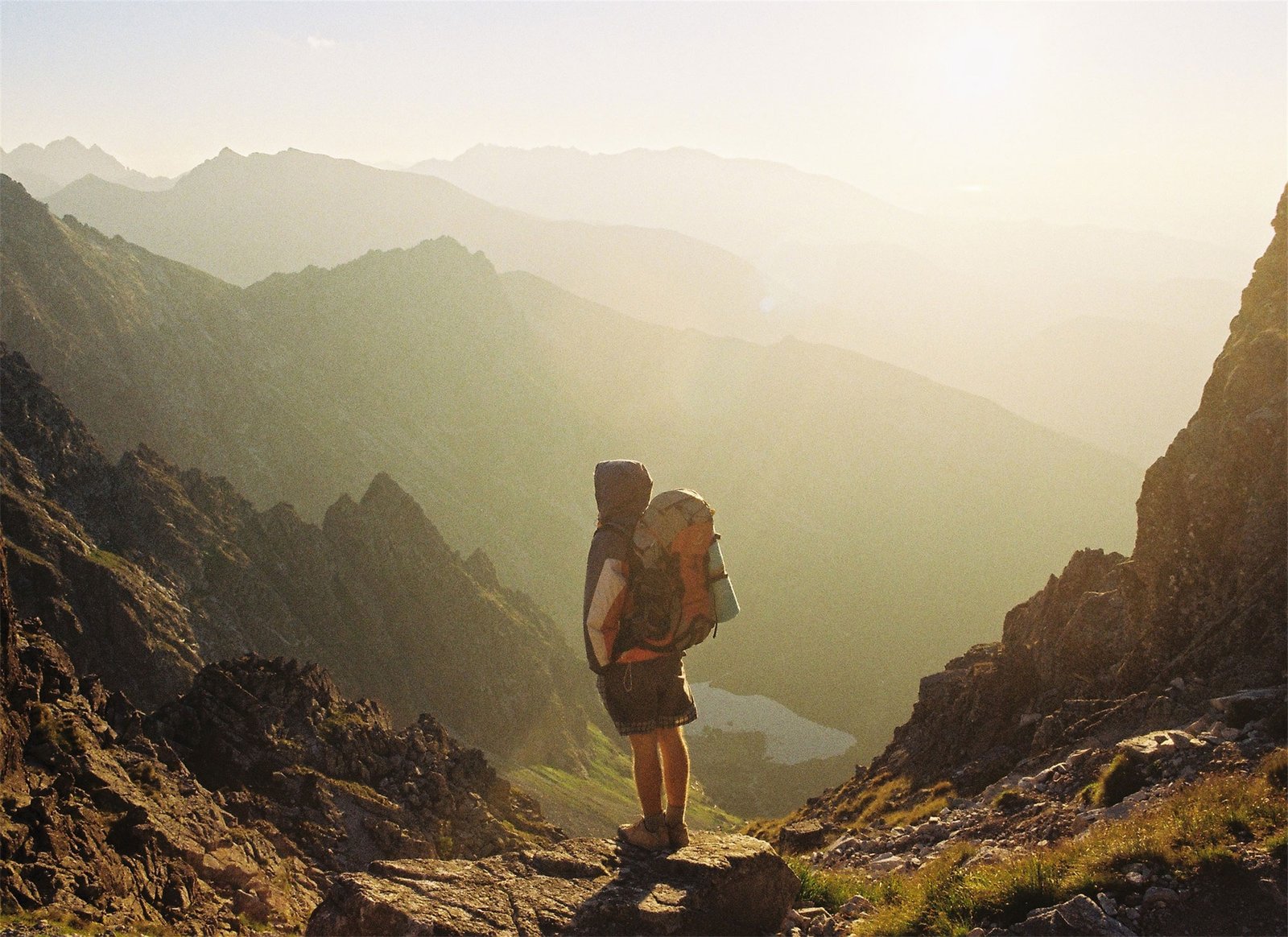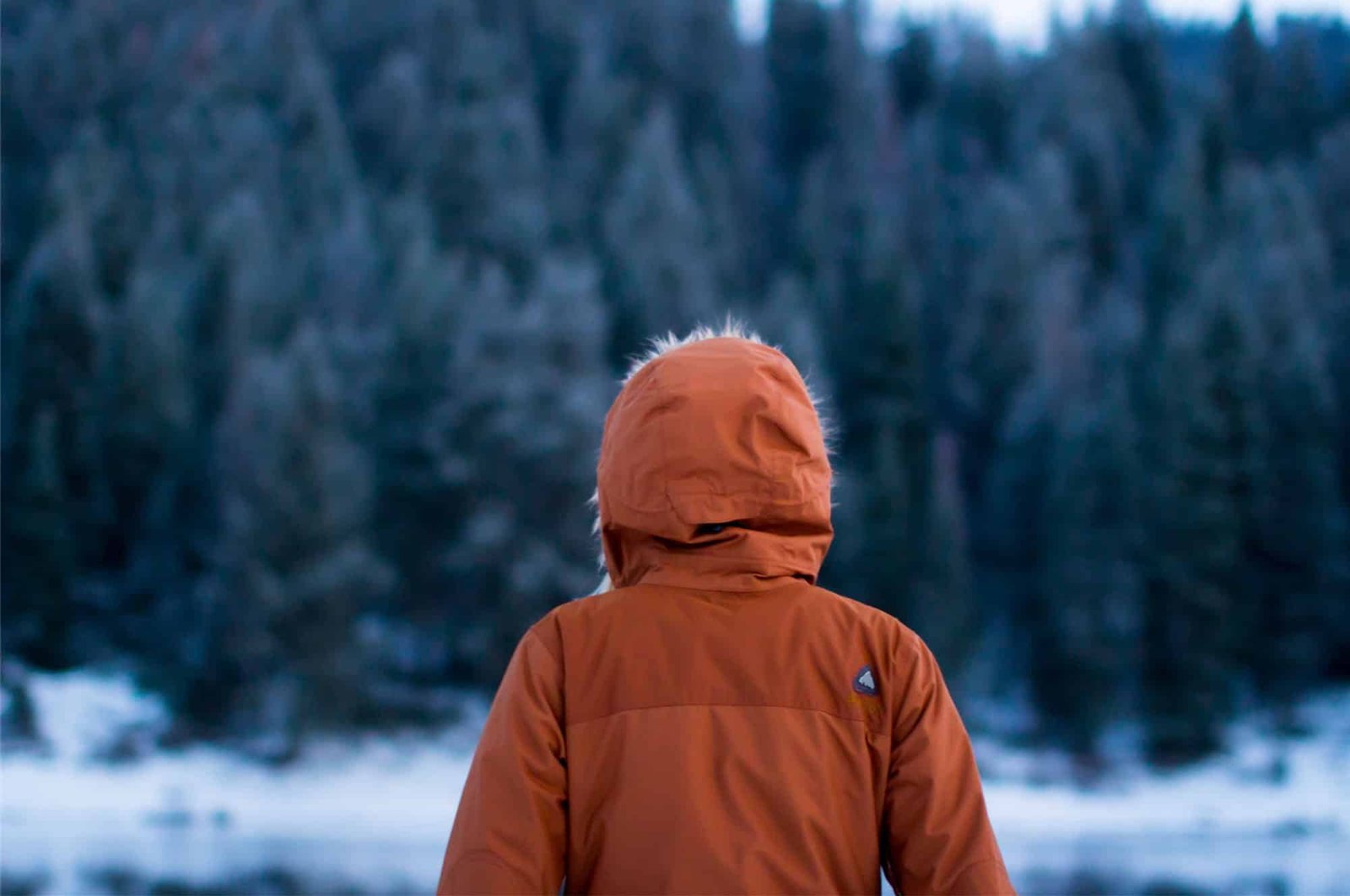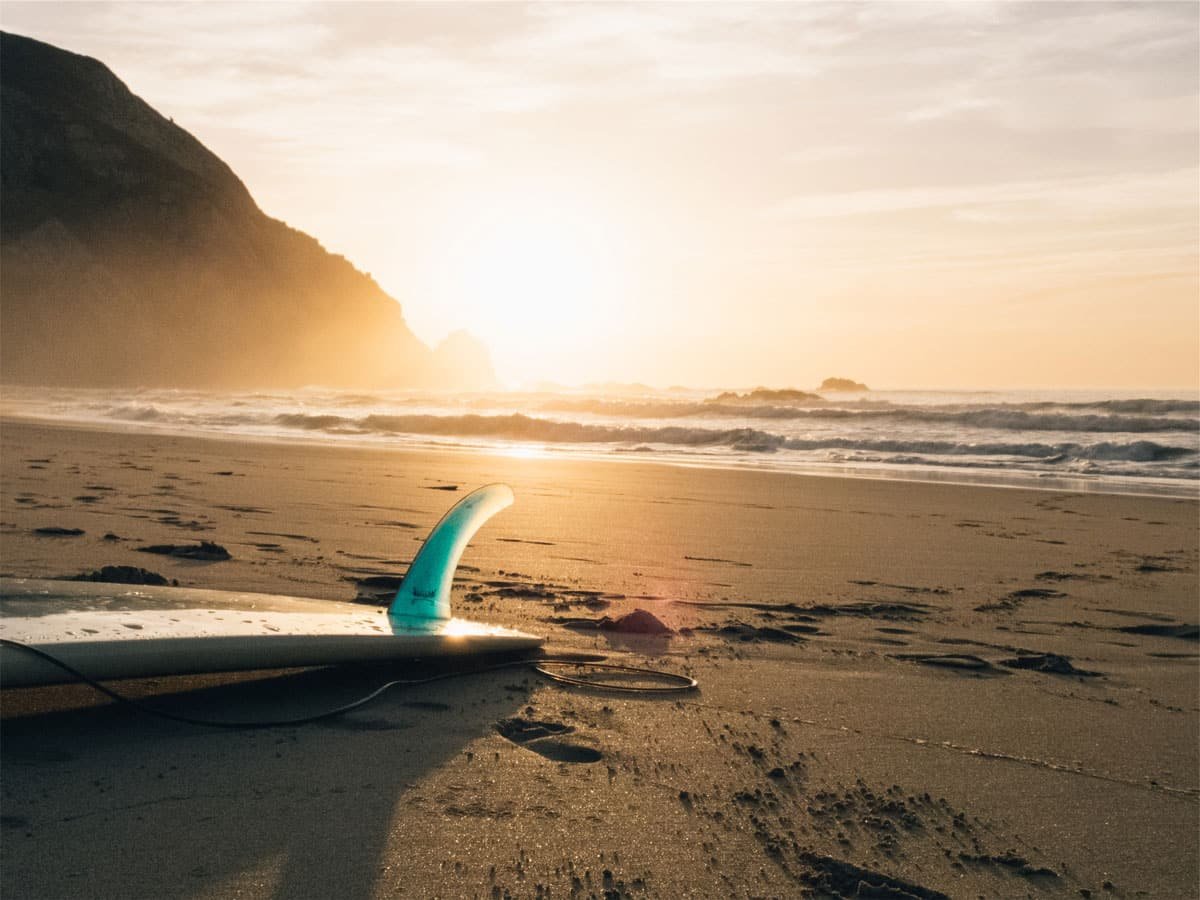Michigan’s deer hunting is a cherished tradition that holds cultural and ecological significance.
As we approach the winter season, the deer hunting landscape in Michigan is evolving, warranting a closer look at the current trends.
On October 31, those interested in understanding these dynamics can join the free Zoom discussion hosted by Bridge Lunch Break, where key experts will delve into the state of deer hunting in Michigan.
This insightful event comes at a crucial time as the state experiences an unprecedented surge in deer population, coinciding with a noticeable decline in the number of hunters over the past few decades.
Engaging with expert panelists Mounir Awad, a seasoned Michigan deer hunter; Todd Johnson from the Michigan National Deer Association; and Chad Stewart, a specialist from the Michigan Department of Natural Resources, attendees will gain valuable insights into the complex interplay of factors affecting deer hunting in the state.
From the efforts to recruit new hunters to regulatory adjustments and the myriad challenges faced by existing hunters, this discussion promises to be both informative and enlightening.
Join us as we navigate these trends, share experiences, and ask pressing questions about the future of deer hunting in Michigan.
Key Takeaways
- The free Zoom discussion on October 31 will explore the increasing deer population in Michigan despite fewer hunters.
- Expert panelists will provide insights on efforts to boost hunting participation and discuss relevant regulatory changes.
- Attendees will have the chance to engage directly with the panel and ask questions about Michigan’s deer hunting challenges.
Overview of Michigan Deer Hunting Trends
Michigan is a state rich in outdoor traditions, and deer hunting is one of its most cherished activities.
As trends evolve, a notable paradox has emerged: while the deer population in Michigan has surged, the number of hunters has seen a steady decline in recent decades.
This shift raises critical questions about the future of hunting in the state.
To address these concerns, a free Zoom discussion titled ‘Overview of Michigan Deer Hunting Trends’ will take place on October 31, hosted by Bridge Lunch Break.
The event will feature a panel of experts, including Mounir Awad, an avid deer hunter; Todd Johnson from the Michigan National Deer Association; and Chad Stewart, a specialist from the Michigan Department of Natural Resources.
They will discuss various topics, such as initiatives aimed at recruiting new hunters, recent regulatory changes, and the unique challenges that hunters face today.
Attendees will also have the chance to engage directly with the experts during the Q&A session, making it an interactive and informative experience.
As part of Bridge’s monthly series, this discussion is designed to enhance understanding of pressing issues affecting Michigan’s outdoor community, offering a platform for thoughtful dialogue among stakeholders.
Expert Insights and Discussion Format
The upcoming discussion on Michigan’s deer hunting trends is not just an opportunity to hear from experts, but a crucial forum to understand the dynamics shaping the state’s outdoor heritage.
With Michigan’s deer population flourishing, it is essential to explore the implications of fewer hunters participating in this time-honored tradition.
Attendees will gain insights into the factors contributing to this decline, including changing demographics, urbanization, and shifts in societal attitudes towards hunting.
Additionally, the panel will delve into innovative strategies and recent initiatives aimed at revitalizing interest among potential hunters, as well as the importance of sustainable wildlife management practices.
By participating in this interactive session, individuals will not only enhance their knowledge but also contribute to the broader conversation about the future of deer hunting in Michigan.










